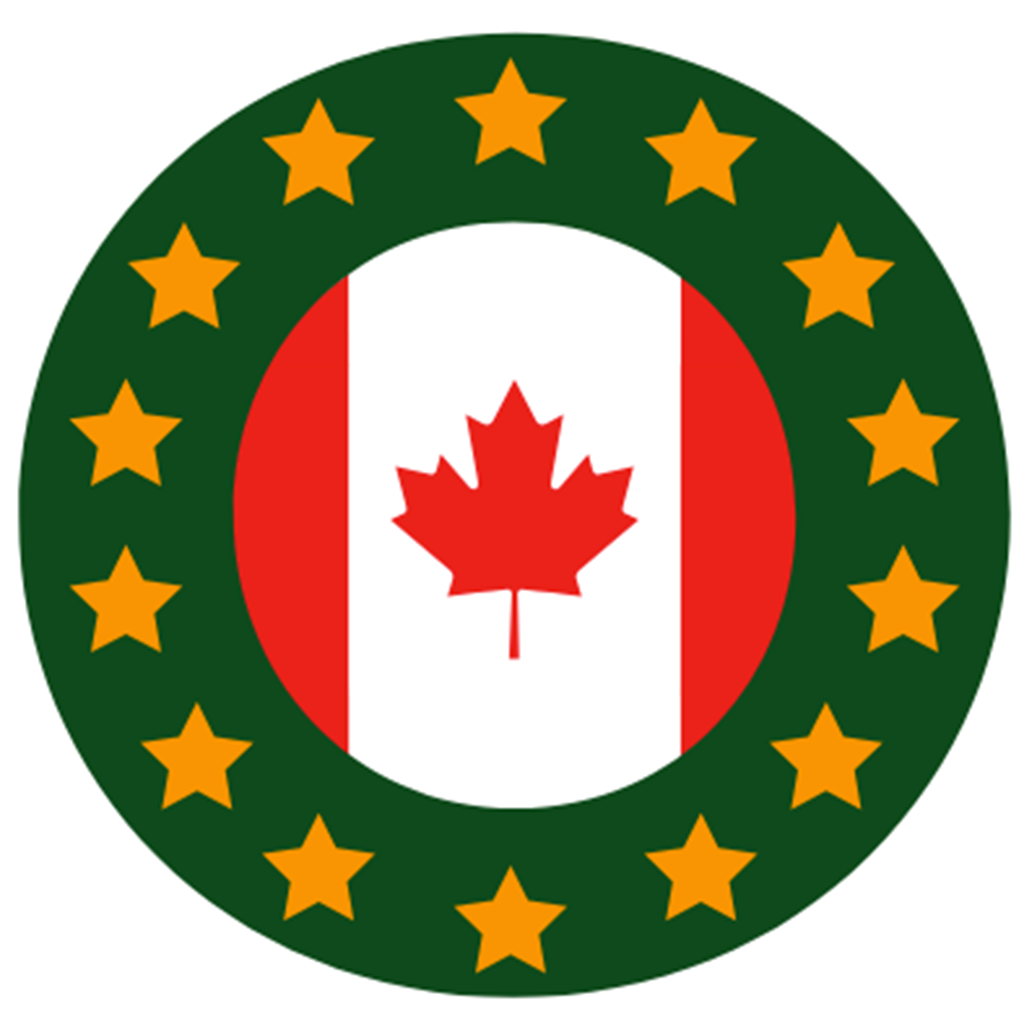NASIMCO EMERGENCY RELIEF FUND
FREQUENTLY ASKED QUESTIONS
Typically, the following groups are at greater risk for a bad outcome from COVID-19:
Elderly
People with:
- Multiple medical problems
- Diabetes
- Heart Conditions
- High Blood Pressure
- Cancer
- Chronic lung diseases
Pregnant
Newborns
Immunosuppressed
Patients with COVID-19 have had mild to severe respiratory illness with symptoms of
- fever
- cough
- shortness of breath
- diarrhea
COVID-19 is the name for the current pandemic of illness that originated in China in December 2019. COVID-19 stands for Corona Virus Disease 2019 which is a new coronavirus (other corona viruses include your regular flu). Currently COVID-19 and Corona Virus are used interchangeably, so below they mean one and the same.
COVID-19 spreads like the flu. If someone coughs or sneezes, it spreads the virus in little droplets and get inhaled by the next person. Therefore, it is important to wear a mask if you have any symptoms, so that you can prevent droplet spreading. Other ways to get the virus is to get it on your hands by touching someone, or someplace that has the virus on it, and then touching your face. Therefore, it is important to frequently wash your hands, avoid touching contaminated places and other people. Try to maintain a 6 foot distance from others to stay safer. If you are healthy, wearing a face mask will not prevent droplets from coming around the mask into your lungs.
- There is no specific antiviral treatment for COVID-19.
- People with COVID-19 can seek medical care for severe symptoms.
- You can use remedies for flu to help with the symptoms.
Currently, there are no specific treatments recommended for illnesses caused by COVID-19.
For most people, the treatment is the same for flu, which includes over the counter cough/cold and fever medicines. However, for people who get sicker, like with pneumonia, treatment in the hospital is to support the patient’s body functions till the patient recovers.
- There is no need for panic,
- Healthy individuals who do not have existing health issues have recovered without any major complications.
- Stay home when you are sick. Do not go to work, school, or public areas.
- Cover your cough or sneeze with a tissue, then throw the tissue in the trash.
- Clean and disinfect frequently touched objects and surfaces.
- If you have difficulty breathing, call your healthcare provider and tell them you suspect you have COVID-19 and would like to be evaluated.
- WEAR A MASK IF YOU LEAVE THE HOUSE FOR ANY REASONS.
- People can help protect themselves from respiratory illness with everyday preventive actions.
- Avoid close contact with people who are sick.
- Avoid touching your eyes, nose, and mouth with unwashed hands.
- Wash your hands often with soap and water for at least 20 seconds.
- Use an alcohol-based hand sanitizer that contains at least 60% alcohol if soap and water are not available.
- If you or your loved one have a pre-existing condition you should be extra cautious.
- If you or your loved one are in the 70+ age group regardless of your health, you should be extra cautious.
Some patients have pneumonia in both lungs, multi-organ failure and in some cases death.




